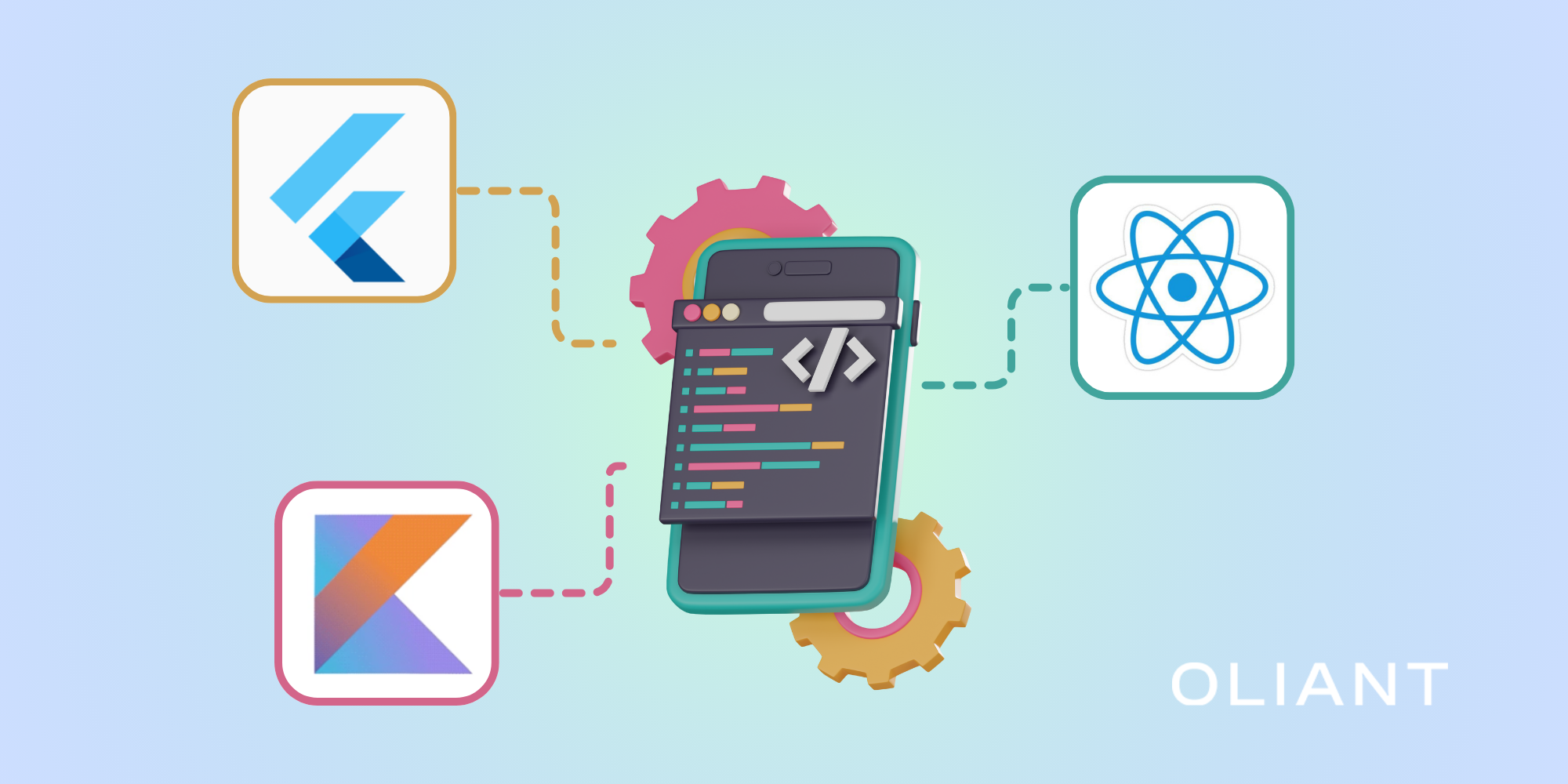When it comes to choosing the right programming language for your project, the debate between C# and Java often arises. Whether you're developing mobile apps, enterprise solutions, or cloud-based applications, selecting the right language can be a game-changer.
Both languages have loyal, passionate communities and have evolved over decades to become staples in the software development world. While they share several similarities, such as object-oriented programming principles and robust ecosystems, they also differ in significant ways that can influence which one is best suited for your needs.
At the same time, we can affirm that both languages have fed off each other over the years. Java took the lead with an innovative approach to being platform-independent, making it a leader outside of Microsoft Windows. But C# has quickly closed the gap with the support of one of the most influential companies in the world.
So, let’s compare these two programming titans. We will explore the strengths, weaknesses, and unique features of both C# and Java, helping you understand which one is best for your next project and how each will evolve in the coming years.
What is Java?
Java, which will be celebrating its 30th anniversary in 2025, was developed by James Gosling for Sun Microsystems in 1995. Portability is certainly Its key feature, and it's what set Java apart in its early days.
Unlike other programming languages that compile directly into platform-dependent machine code, Java programming language compiles into an intermediate form called Java Bytecode. This approach allows Java programs to run on any operating system through the Java Virtual Machine (JVM), making it the language of choice for cross-platform development.
The slogan “Write Once, Run Anywhere” became synonymous with Java’s portability and versatility.
Java has long been known for its versatility, particularly when it comes to mobile development, cloud computing, big data applications, enterprise environments and mobile development, especially in the Android ecosystem. Even though other languages have entered the mobile space, Java remains at the core of Android app development.
Nowadays, Java is used worldwide for diverse applications. Due to its popularity, Java talent exists anywhere, and we provide excellent Java Development Services from Latin America and Eastern Europe.
What is C#?
C# (pronounced “C-sharp”) was developed by Microsoft under the leadership of Anders Hejlsberg. Launched in the 2000 .Net Developers Conference, C# was designed for simplicity, stability, and deep integration with Microsoft technologies.
Unlike Java, .Net's original intention was not portability. Created to run on the .Net Framework, C#’s main goal is to ensure that programs, libraries, and versions maximize compatibility. While it initially targeted Windows platforms, C# development expanded with the introduction of .NET Core and .NET Standard, allowing C# programs to run on a variety of platforms, including Linux and macOS.
Currently, because of its age and popularity, however, there is a traceback of older applications that need to be maintained, migrated, or rewritten, which usually requires professional assistance.
Today, C# competes closely with Java in terms of performance and flexibility, especially in cloud
C# vs Java: A Performance Comparison
When comparing C# vs Java performance, both languages offer impressive capabilities, but there are notable differences.
Java’s platform-independent approach, thanks to the JVM, adds a layer of abstraction that can make it slower than C#. While C# was initially more tightly coupled to Windows, it has steadily improved its performance, especially with the shift to .NET Core.
For mobile development, C# benefits from Xamarin, which allows developers to write native mobile apps for both Android and iOS using a single codebase. However, Java still holds a significant lead in the Android space, although C# is making inroads with modern frameworks.
Java Tools
It is always important to mention the available tools for any programming language, and when it comes to Java, there is no shortage.
- Jenkins : used for Continuous Integration and Continuous Deployment (CI/CD)
- JProfiler: for Java application monitoring and memory management.
- JUnit: a framework for Java Unit Testing.
- Eclipse: the most popular Java IDE.
- Apache Maven: a must-have tool for software project management.
- Mockito: a mocking framework working hand-to-hand with unit testing tools.
C# Tools
With the support of Microsoft, C# has accumulated over the years a wide arrange of development tools that have become quite popular within its community.
- Visual Studio Code: a code editor with a free Microsoft version, also known as VS Code
- Visual Studio Professional: Also called VS Enterprise Edition, this is an integrated end-to-end solution tool for delivering software at the enterprise level.
- xUnit: The unit testing free, open-source version for the .Net framework.
- dotTrace Profiler: a powerful profiler that detects performance issues and memory leaks.
- dotPeek: an independent decompiler that generates C# code from .Net assemblies.
C# and Java Pros and Cons
Both languages come with their strengths and weaknesses, so understanding their pros and cons is crucial when making a decision.
Java Pros:
- Portability: Java's design allows it to run on virtually any platform via the JVM.
- Stability: Java’s long history and stable architecture make it a go-to choice for large-scale enterprise applications.
- Security: Java’s security model is robust, offering strong protection against security threats.
Java Cons:
- Performance: The JVM introduces some performance overhead, making Java slower than other compiled languages like C#.
- Complexity: Java can have a steep learning curve, especially for developers new to the language.
When Should You Choose Java?
Java has long been known for its versatility, particularly when it comes to mobile development, cloud computing, big data applications, and enterprise environments.
If you're building applications that need to run across a wide range of platforms, Java is an excellent choice. Its portability is unmatched, as it allows developers to write code once and deploy it across various operating systems without major modifications.
Java programs will be slightly slower than their counterparts in C#. However, companies gain versatility by having a team that can virtually perform across numerous platforms.
Java's large, global community also provides ample resources and support, making it easier to find talent and libraries for almost any project. That’s why Java development services are still in high demand, especially for scalable, enterprise-level applications.
C# Pros:
- Performance: C# is generally faster than Java, especially when optimized for specific platforms like Windows.
- Seamless Integration: C# offers excellent integration with Microsoft tools and platforms like Azure, Visual Studio, and Windows OS.
- Development Speed: C#’s syntax is often easier to pick up, which can speed up the development process.
C# Cons:
- Portability: Although C# is becoming more cross-platform with .NET Core, it was initially limited to Windows environments.
- Legacy Issues: Older versions of C# and the .NET Framework might not be compatible with newer operating systems or platforms.
When Should You Choose C#?
C# vs Java might be a tough choice, but if your primary environment is Windows, C# is often the better option. Microsoft’s ecosystem, including Azure and the .NET framework, makes C# the go-to language for companies that rely on these tools.
C# development for Windows applications is highly efficient, and with the advent of .NET Core, C# has become more cross-platform, making it an increasingly viable choice for projects outside of the Windows environment as well.
C# is also a fantastic choice if you’re targeting cloud development, especially with Azure, as Microsoft offers seamless integration for C# developers. Its performance and tools like Visual Studio and Azure DevOps make it an excellent language for enterprise solutions, game development (via Unity), and more.
C# vs Java for Mobile Development
When it comes to mobile development, C# vs Java has been an ongoing debate.
Java was the primary language for Android development for years, and while it remains heavily used, C# has gained momentum in mobile app development with Xamarin. Xamarin allows developers to build cross-platform mobile applications with a single codebase in C#, supporting both Android and iOS.
However, as we mentioned, Java still has a stronghold in Android app development, making it the preferred choice for many developers focused on mobile-first solutions.
Ultimately, both languages are excellent choices, but selecting the right one will depend on your project’s requirements, existing infrastructure, and the skills of your development team.
So, Should You Use C# or Java?
We’ve gone over how both C# and Java are mature, versatile languages with strong communities and a wide array of applications. If you’re still undecided about your choice when it comes to these programming languages, we suggest you keep in mind these two key aspects:
If portability and cross-platform compatibility are crucial, Java remains a solid choice, especially for applications that need to run on various operating systems.
If you're developing for Windows or Azure, or if you need tight integration with Microsoft products, C# is the better option.
By leveraging the right tools, including version control systems, and adopting best practices for QA testing and predictive data analysis, you can create robust, scalable solutions that stand the test of time.
Ultimately, choosing between C# and Java will come down to your specific project needs, from your PoC development to all your long-term goals. It's clear that both languages have proven their worth over the years, so whichever one you choose, you can be certain that you’ll be covered by some of the best tools in the world.





















.png)





.png)



.png)










.avif)









.avif)
